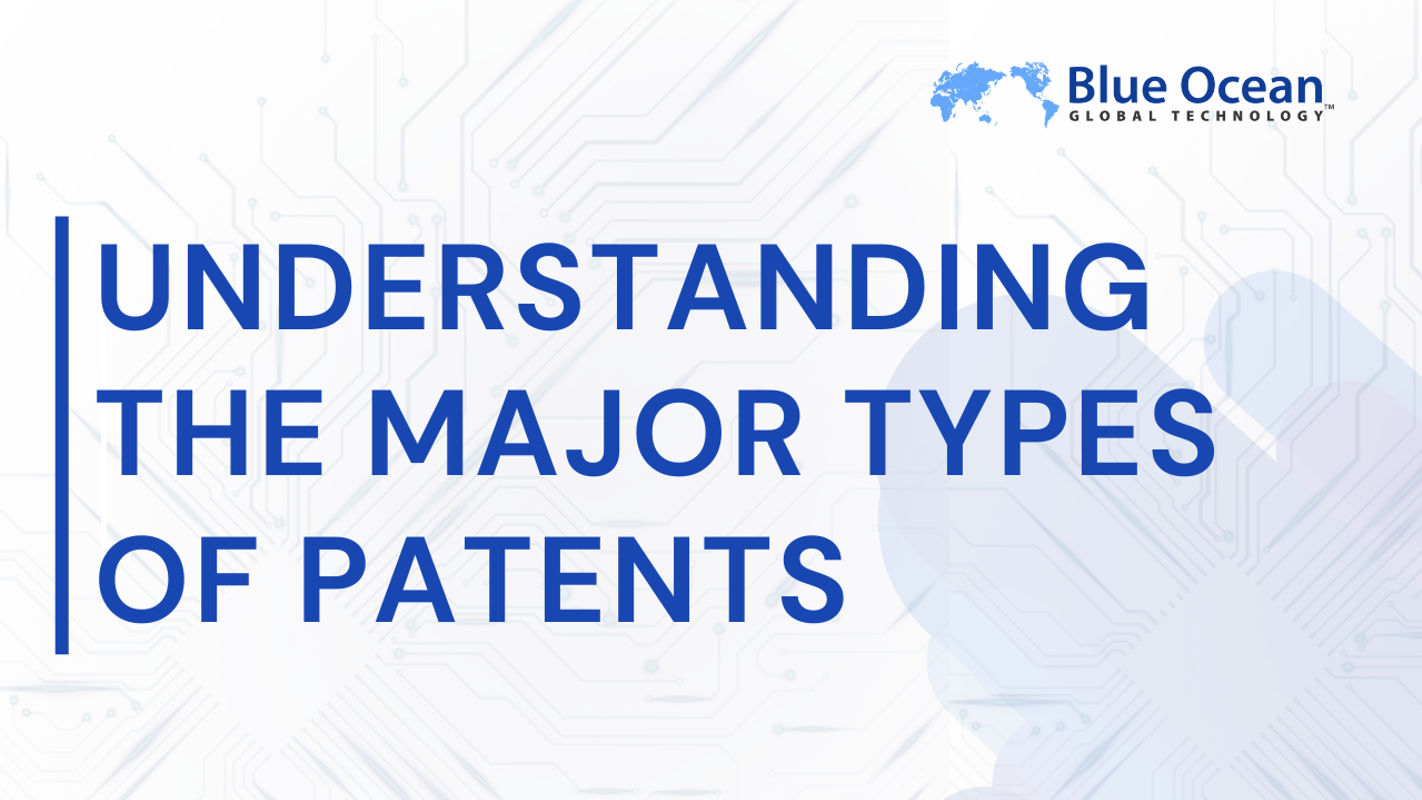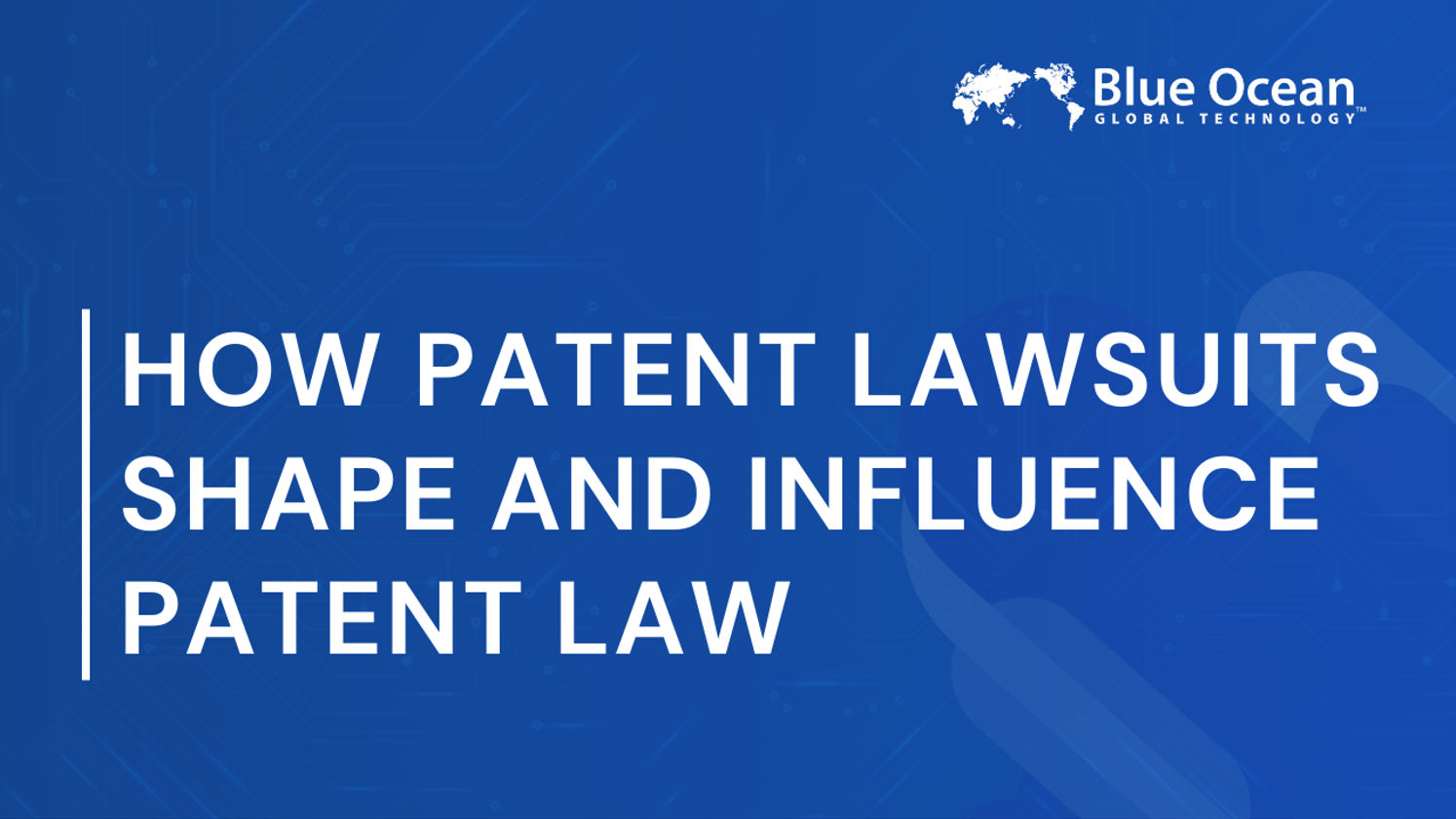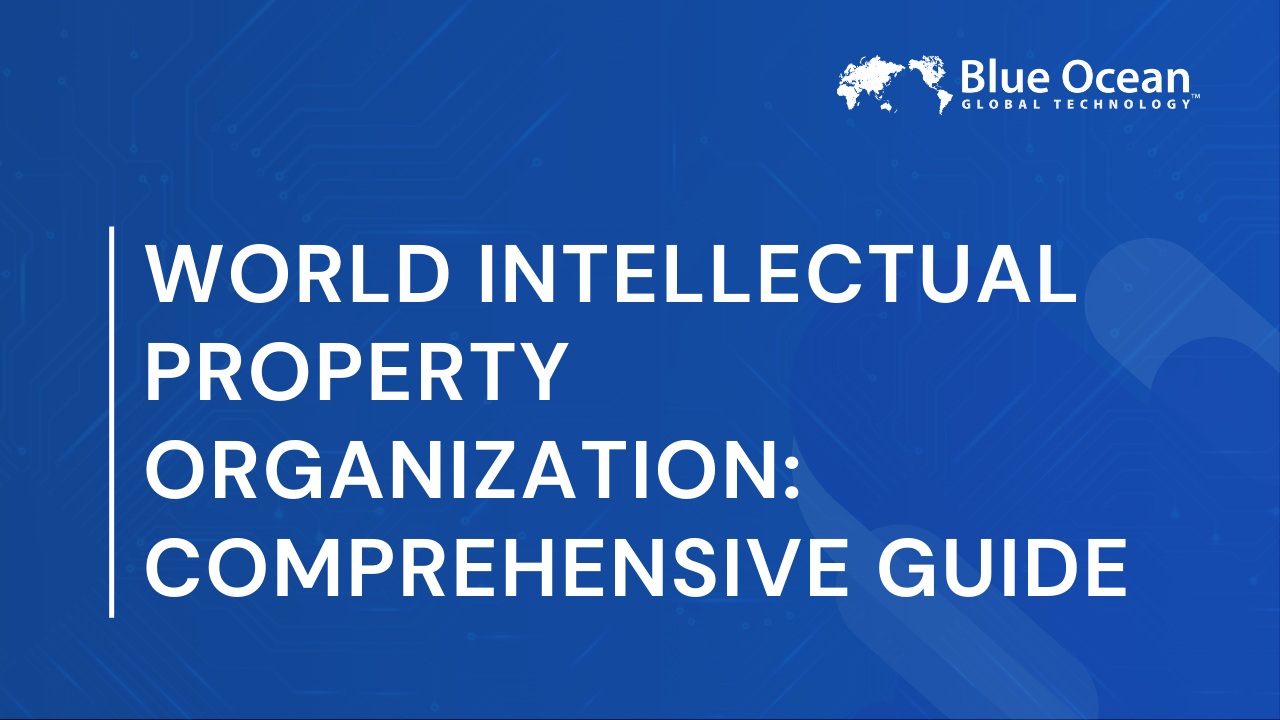What is Intellectual Property?
Intellectual property is any creation of the human intellect and is often intangible in nature. This includes creative works such as literary and artistic pieces, designs, names and symbols used for commercial purposes. Intellectual property rights entail both protection and commercialization of these assets.
Classification of intellectual property rights includes a broad range of areas including copyrights, trademarks, geographical indications, plant varieties, industrial designs, and semiconductor integrated circuit layout designs. While these classifications are considered universal, there may be minor changes in terminology and requirements for registration across jurisdictions.
Why Do You Need to Protect Your Intellectual Property?
Intellectual property rights (IPR) safeguard the ideas, innovations, and brands, whether personal or organizational in nature. These rights allow creators to gain recognition for their assets and generate financial gains. Unauthorized use by a third party is prohibited without the creator’s permission.
For individuals, IPR ensures exclusive rights and protects against infringement or imitation. For organizations, intellectual property rights help maintain brand reputation and protect critical business assets, thereby enhancing market value and creating export opportunities. In the technology sector, it enables inventors to share their solutions securely.
At the federal level, intellectual property rights extend to preventing access to counterfeit and pirated goods that can harm consumers. Agencies within the government work to ensure that intellectual property rights holders’ interests are protected globally to encourage innovation for economic development. With the rise of digital transformation at the heart of the fourth industrial revolution, the government aims to bolster digital intellectual property and strengthen patent and trademark laws in diverse fields of defense, health, education, and innovation. Safeguarding intellectual property rights supports research and development, and subsequently rewards businesses and individuals for their efforts in innovation.
for your
Intellectual Property needs.
Client Engagements
At Blue Ocean Global Technology, our professionals are dedicated to increasing your market navigation while securing your assets through our comprehensive intellectual property strategies. Our services include IP audits to assess and evaluate existing assets, followed by customized protection plans tailored to your needs. We assist you in securing patents, copyrights, and trademarks to better position the security of your brand and protect it from infringements.
We also offer services to monitor any potential infringements and provide comprehensive intellectual property management services. Our dedicated team of legal experts aims to deliver specialized insights on enforcing rights and retaining your assets through ethical legal action. With our core belief in collaborative transformation, Blue Ocean Global Technology provides 24/7 support to ensure the protection of your valuable assets, allowing you to fully focus on creating a brand without worrying about your reputation or innovation at risk.
Related Reads
FAQs
Intellectual Property
- What are the different types of intellectual property?
Intellectual property mostly includes patents (for inventions), trademarks (for brand names and logos), copyrights (for literary and artistic works), trade secrets (for confidential business information), and design rights (for the visual design of objects). However, geographical indications, plant varieties, industrial designs, and semiconductor integrated circuit layout designs also fall under intellectual property for technical industries.
- How can i protect my intellectual property?
Registering your intellectual property with the appropriate governmental body is the primary step in securing your intellectual assets. For example, patents and trademarks are registered with the United States Patent and Trademark Office (USPTO), while copyrights are registered with the U.S. Copyright Office. Outside the U.S., international governments maintain similar agencies. In India, for example, companies register IPR through applications to the Indian Patent Office.
- Why is intellectual property important for businesses?
Intellectual property is crucial for businesses because it protects creative assets in the forms of innovation and development. Whether you are an individual in the process of building your personal brand or an organization looking to secure its brand image, IPR safeguards your most valuable assets: your own ideas and creations. Having intellectual property rights can provide a competitive edge, help in brand building, and generate a significant source of revenue through licensing or sales. It also promotes the export of products through licensing and patents.
- What should i do if someone infringes on my intellectual property?
Infringement basically means someone stealing your work without your permission or giving you due credit. In such a scenario, your brand’s reputation and image are at stake, and it becomes a highly demotivating juncture for an individual developing their personal brand. Thus, if you believe your intellectual property has been infringed, first gather evidence of the infringement and consult with an IP attorney. Legal actions can include sending a cease-and-desist letter, filing a lawsuit, or seeking a settlement. This is where having professional expert insights on IPR helps you navigate the scenario further and make your case stronger.
- What is the general duration of looking at intellectual property protection?
Intellectual property protection requires meticulous tracking, monitoring, assessing, and evaluating potential risks to your asset. The duration of intellectual property protection varies depending on the nation or state in which you have registered your product, service, or design. In the U.S., patents typically last 20 years from the filing date, but trademarks can last indefinitely as long as they are in use and renewed, and copyrights usually last for the life of the author plus 70 years.
- What can I patent?
While you cannot patent intellectual property as a whole, you can patent some processes that meet the criteria of usefulness and/or novelty. You cannot patent an idea, yet you can always patent inventions. You can get exclusive rights to your inventions for a certain period, and your invention can be patented if:
- It can be used (the invention works and it is not just a theory).
- It has a clear description of how the invention can be made and used.
- It is new (something that has never been done before).
- It is not obvious.
For intellectual property, you can instead get a copyright, as they protect creativity and expression. Yet, unfortunately, there has not been an effective way to ‘patent’ certain intellectual property.
- When is an invention considered useful?
An invention is considered useful if it has practical application and works in a way that can benefit people. Design patents and plant patents do not have to meet this requirement.
- What is a trade secret?
Trade secrets are intellectual property rights on confidential information.
Unlike patents, they do not require a registration to fall under protection. A trade secret can be kept for an unlimited period of protection and continues to be considered so for the length of time that an owner of such information keeps it classified as a secret.
The owner of information should protect it using an NDA with employees and business partners, non-compete agreements with employees, contractors, and consultants, sound IT security systems, and controlling the number of people with access to confidential documents.
- Can someone else use the name of my business for their business?
The answer is: that it depends. Someone else can use the name of your business if both are not located in the same area and serve different types of services and customers. This way, customers would not assume they are correlated.
- How can my intellectual property be protected internationally?
The rights given to intellectual property in the United States are effective only in the United States. They do not have any effect in a foreign country, and in case you want to protect your invention in another country, you should apply for it in the particular area according to the national intellectual property laws. Unless that specific country has signed international agreements, you can make only one application through the World Intellectual Property Organization.














